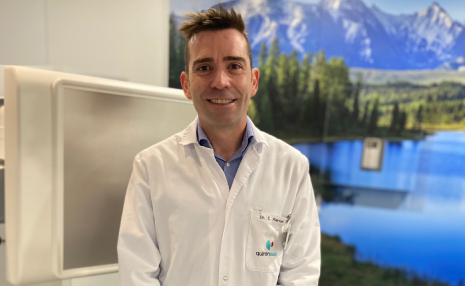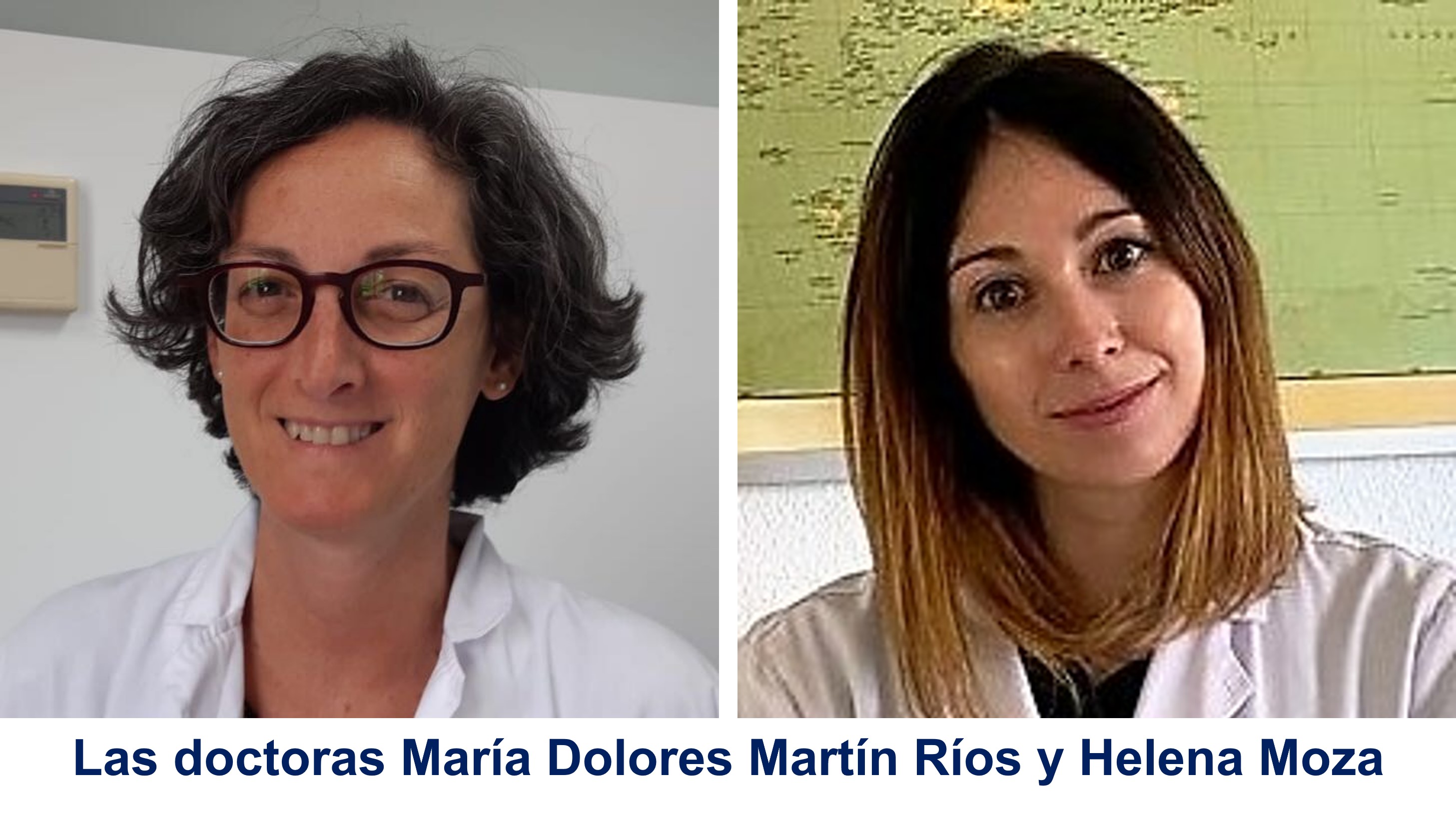Preventive Medicine and Public Health
Find answers to your questions about the specialty of preventive medicine and public health. We explain its field of study, its main objectives, the patients it serves, and the types of diseases it addresses. Schedule your consultation at one of our hospitals.

What is Preventive Medicine and Public Health?
The specialty of preventive medicine and public health promotes high-quality patient care and aims to protect health in all settings. To achieve this, it focuses on scientific research to prevent diseases, facilitate early diagnoses, and provide personalized and safe healthcare.
The key difference between this specialty and others, particularly primary care, is that it focuses on actions that impact groups of people rather than just an individual.
What Does Preventive Medicine and Public Health Study?
The field of preventive medicine and public health is very broad. Specialists not only coordinate different services to ensure hospital efficiency but also engage in disease prevention and epidemic control. To work effectively and achieve its objectives, Quirónsalud operates prevention units based on the levels defined by the World Health Organization (WHO):
- Primary prevention: Its goal is to prevent the onset of disease. This is achieved by controlling risk factors among the population through information, health education, and the promotion of healthy habits.
- Secondary prevention: Focuses on reducing disease prevalence and ensuring that, when a disease does occur, it lasts for a shorter period and is less severe. The primary goal is early diagnosis, which is why periodic check-ups and continuous monitoring are recommended.
- Tertiary prevention: Aims to restore health once the disease has manifested. It seeks to mitigate the damage caused and rehabilitate lost or deteriorated physical and mental functions.
Who Is It For?
Preventive medicine and public health strive for the well-being of the entire community, prioritizing healthy individuals to prevent illness. However, it also treats patients who have already developed a condition to minimize its effects.
Techniques, Procedures, and Diagnostic Methods
The procedures used in this specialty are primarily diagnostic and include preventive medical exams aimed at large population groups. The most commonly used include:
- Vaccine administration and immunization: Annual vaccination campaigns, particularly for influenza and streptococcus, target high-risk patients such as immunocompromised individuals, those with HIV, asthma, kidney failure, cochlear implants, or older adults.
- Blood pressure measurement: A routine test to detect and treat hypertension early.
- Prostate exam: Routinely performed on men over 50, consisting of a prostate-specific antigen (PSA) blood test and a digital rectal exam to detect abnormalities and lumps.
- Gynecological tests: Recommended annually from the first menstruation. Mammograms for breast cancer prevention start at age 40, while Pap smears for early detection of cervical cancer are conducted on sexually active women between ages 25 and 65.
Diseases and symptoms
Main Diseases and Conditions
To ensure the most effective treatment, preventive medicine focuses on the early diagnosis of specific diseases such as:
- Depression
- Colon cancer
- HIV and other sexually transmitted diseases (STDs)
- Breast cancer
- Osteoporosis
- Hypertension (high blood pressure)
- Hypercholesterolemia (high cholesterol)
- Prostate cancer
- Diabetes
- Infectious diseases
Related Symptoms
The most common symptoms associated with these diseases include:
About the Preventive Medicine and Public Health
We solve any doubts you may have before you see the specialist
Consultation In many cases, preventive medicine and public health specialists reach out to community members instead of waiting for them to seek consultation. The main reason is to prevent diseases before they occur. Health education talks, routine check-up reminders, and informational posters in hospitals are all part of their work.
What Should You Consider?
Preventive tests should be conducted routinely to be effective. It is essential to maintain a clear schedule indicating vaccination dates and the recommended frequency of specific exams. When in doubt, preventive medicine information services or primary care specialists can provide guidance.
What Should I Bring to My Appointment?
All relevant information about personal and family medical history, past severe illnesses, and previous treatments is useful for achieving a more accurate diagnosis.

If you have any further questions, please contact us through the Patient Services telephone number: 900 301 013




































